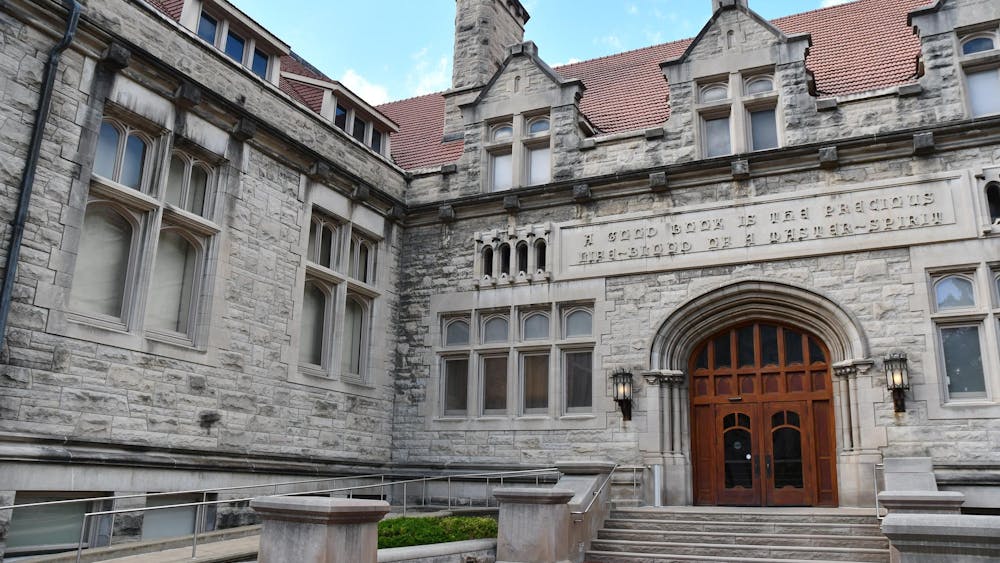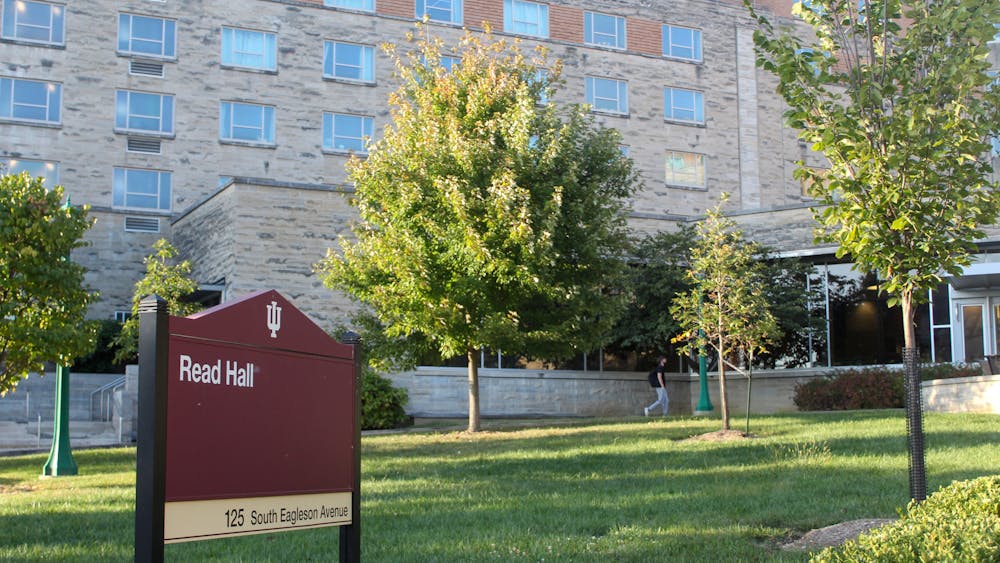If you asked my uncle about what he thought constitutes the “liberal arts,” he’d probably say, “Anything that helps you get that $3 tip at Papa John’s.” Unfortunately, large swaths of America would agree with him.
While he is mostly balking at the word “liberal,” many people associate the liberal arts with impractical, frivolous subjects like “Buddhism: The Spiritual Roots of Nerdcore Rappers of the mid-2000s.”
The concept of liberal arts has morphed from the basis of education into the reason why “liberal arts college” is synonymous with “painfully small private school.”
Ironically, most college students don’t realize they are receiving a liberal arts education. At IU, the General Education Common Ground requirements force students to study a certain amount of courses that display a breadth of knowledge.
Each of the degree-granting schools at IU has additional requirements that force students to explore additional areas of inquiry. These requirements are common at most universities, so why does the term “liberal arts” send shivers down so many spines? I believe there is only one plausible explanation: ?specialization.
Increasingly, high school students, college students and their parents see college as an ends to a mean: earn a diploma, get a job, retire and die an empty shell of a person. Why would you ever take a single class that didn’t help you to achieve those lofty goals?
I’d bet that if you asked any high school math teacher how many times someone asked them, “How is studying calculus going to help me in life?” they would tell you as the limit of the sum approached infinity, the series diverges and laugh their head off.
The reality of the matter is that liberal arts educations provide the world with more capable and desirable employees, as well as better individuals. A recent survey conducted for Northeastern University revealed that 60 percent of business leaders value skills such as oral and written communication and problem-solving as the most important skills for college graduates.
Even more thought the ability to think creatively is at least as important as critical-thinking skills. As these skills are all goals of a liberal arts education, this data seems to support liberal arts education as an important resource for any career, even for those in technical careers.
Liberal arts educations, besides the evidence for their necessity in the business and technical worlds, also serve to fulfill some of the basic republican concepts that form the foundation for our country.
Civic virtue characterizes the American educational system: educating you (individuals in the community) benefits me (the individual). It’s why the property taxes of people without children still fund local schools, and it’s why the liberal arts are still relevant, even in an age of specialized labor such as ours.
mccinkos@indiana.edu





